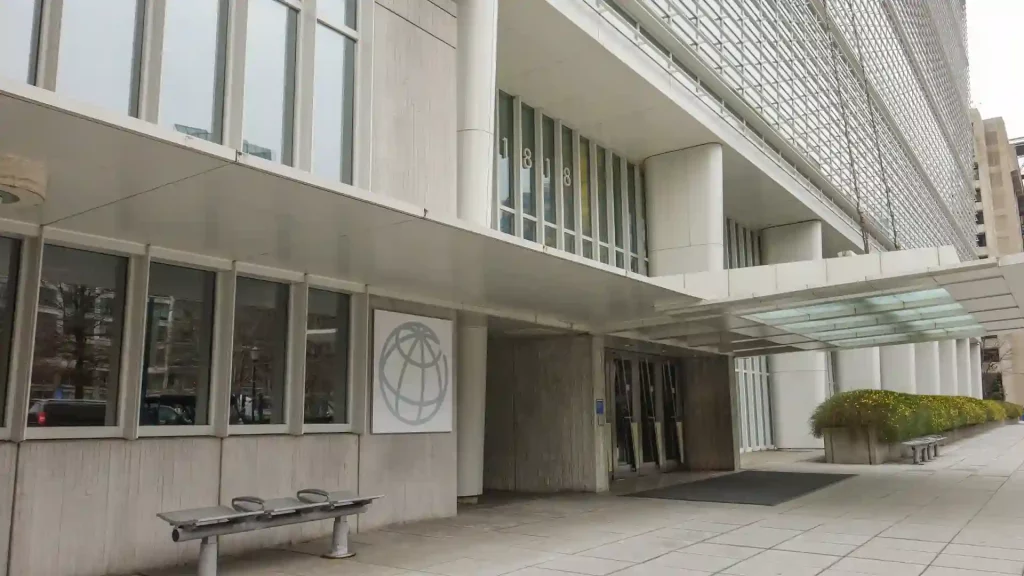World Bank announces that the expected growth of East Asia and the Pacific region, including China, slows down from its estimates in April.
World Bank on Tuesday announced that the economic growth of East Asia and the Pacific will weaken steeply in 2022 owing to China’s slowdown and the economy is expected to rise in the coming year. According to reports based on the Washington-based lender, the expected growth of East Asia and the Pacific region, including China, slows down by 3.2% from its 5% estimate in April and 7.2% of the previous year’s growth.
The dropping in economic growth was mainly due to a slowdown in China as the country constitutes 86% of the 23 country regions’ economic output. The World Bank states that China’s strict Covid 19 rules have caused a disruption in domestic sales, industrial production, and exports. China’s economy was expected to grow 2.8% this year which is a significant reduction from the world bank’s forecast of 5%.
Covid and the constraints imposed to contain the disease pose a significant risk to the economy, with major places including Chengdu, Lhasa, Dalian, and other cities across the country locked down partly in September. The restrictions enforced on traveling and imposition of limitations on interpersonal contact have brought the cases below 1000 per day but these have affected various industries and business enterprises like restaurants and traveling, with the revenue earned from tourism tumbling 23% during the mid-autumn festival.
The Housing and Property Development sectors in China are currently passing through a crisis stage that has also worsened conditions. Home prices in almost 70 cities in China fell by 1.3%, deepening from a 0.9% decline a month earlier making it the fourth straight month of decrease in home prices and a third of property loans are being classified as bad debts. The Asian Development Bank, the previous week also made its statements regarding China’s growth along with its prediction of GDP growth for 2023 with an estimated growth of 4.5% instead of 4.8%.
The difference also means that the rest of the region’s growth rate will be higher compared to China. Manuela Ferro, World Bank East Asia, and Pacific Vice President state that the countries should address the domestic policy alterations as China is preparing for slower global growth that acts as a hindrance to long-term development. China’s economy expanded to 8.1% in 2021 which could be seen as the best growth in a decade.
Another threat the region faces is the high rise in interest rates that the central banks around the world are undertaking to cope with the rising inflation. The World Bank’s statements on China’s economic status come as economists are doubtful about China’s outlook in the upcoming year. Several financial institutions are cutting their outlook on China including The Asian Development Bank cutting its outlook on China’s growth to 3.3% from 4 % previously and Nomura Holdings cutting down its growth forecast for China to 4.3% from 5.1%.
World Bank’s Warnings
The World Bank adds that rising of interest rates globally will entice capital away as currencies decline and the reduction in global orders for exports will affect demand. World Bank has also cautioned that imposing price controls as a way of subsidies could benefit only the wealthy and draws the attention of the government away from spending on infrastructures like education and health.
Chief economist for East Asia and Pacific at the World Bank, Aaditya Mattoo says that controls and subsidies could hurt productivity. The US dollar’s strength will have an impact positively on export competitiveness but at the same time it also burdens the borrowers to pay the foreign currency debt, says Aaditya Mattoo. World Bank also warns the policymakers to shield households and firms from increases in food and energy prices without causing too many altercations to existing policies.
